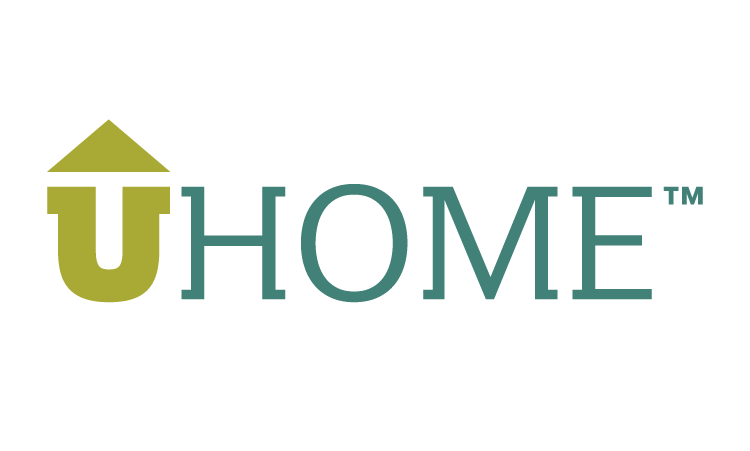10 Signs Your Aging Parent May No Longer Be Safe At Home (and How to Support Them)
As our parents age, it's essential to be aware of signs that may indicate they are no longer safe living independently at home. Recognizing these signs allows us to take proactive steps to ensure their well-being and provide the support they need.
In this post, we will discuss ten common signs that your aging parent may no longer be safe at home. We will explore physical decline, cognitive and mental health changes, neglected personal care and household upkeep, medication mismanagement, and safety concerns. Additionally, we will provide practical tips on how to support your aging parent through these challenges.
Physical Decline
As our aging parents grow older, their physical capabilities may start to decline. By recognizing the signs of physical decline, we can take proactive steps to address mobility issues and prevent falls, ultimately ensuring their safety at home.
Decreased Mobility: Notice if your aging parent is experiencing difficulty with walking or getting up from a seated position. This could be a sign of decreased strength and balance, increasing the risk of falls.
Chronic Pain or Stiffness: Persistent pain or stiffness can limit your parent's ability to perform daily activities independently. This may indicate the need for medical attention or adaptive equipment to enhance their comfort and mobility.
Frequent Falls: Keep an eye out for a pattern of falls or unexplained bruises. Falls can have severe consequences for older adults, and it may suggest a decline in their overall physical capabilities.
Cognitive and Mental Health Changes
Changes in cognitive and mental health can significantly impact an aging parent's ability to live independently. By understanding the signs of developing cognitive and mental health concerns, you can provide appropriate support and seek professional guidance to enhance their well-being.
Memory Loss: Memory loss or frequent forgetfulness could be an early sign of cognitive decline. Pay attention to instances where your parent struggles to recall important information or experiences confusion about familiar surroundings.
Difficulty with Decision-Making: Notice if your aging parent exhibits challenges in making sound judgments or struggles with managing their finances. Impaired decision-making abilities can lead to potential risks or exploitation.
Social Withdrawal: Isolation or withdrawal from social activities and relationships may indicate underlying mental health concerns such as depression or anxiety. It's crucial to address these changes and encourage social engagement.
Save to refer back to later!
Neglected Personal Care and Household
Personal care and maintaining a clean living environment are crucial aspects of independent living. However, aging parents may struggle to keep up with these tasks.
Poor Personal Hygiene: Observe if your aging parent neglects personal grooming and hygiene. This may include infrequent bathing, wearing dirty clothes, or neglecting dental care. It could indicate physical limitations, cognitive decline, or depression.
Unkempt Living Environment: Pay attention to the condition of your parent's living space. Excessive clutter, poor housekeeping, or signs of neglect suggest difficulty in managing household tasks, increasing the risk of accidents and health hazards.
Medication Mismanagement and Safety Concerns
Proper medication management and a safe living environment are essential for the well-being of aging parents. By taking action to ensure medications are being managed appropriately, we can ensure our parents' health and reduce the risk of accidents or adverse events.
Medication Errors: If you notice missed doses, incorrect dosages, or expired medications, it may be a sign that your aging parent is struggling to manage their medications effectively. This can have serious health consequences and necessitates intervention.
Unaddressed Safety Hazards: Identify potential safety hazards in your parent's home, such as loose rugs, inadequate lighting, or unsecured handrails. These hazards increase the risk of falls and accidents, requiring immediate attention.
Supporting Your Aging Parent
By initiating open and honest conversations, seeking professional guidance, considering home care services, encouraging social engagement, and prioritizing regular health assessments, we can provide the necessary support to ensure the safety and well-being of our aging parents.
Initiate Open and Honest Conversations: Approach discussions about their safety with empathy and respect. Encourage them to share their concerns and actively listen to their needs and preferences.
Seek Professional Guidance: Consult with a certified aging-in-place specialist or occupational therapist who can assess your parent's home environment and recommend modifications to enhance safety and accessibility.
Consider Home Care Services: Explore options for home care services, including assistance with personal care, medication management, and household chores. Professional caregivers can provide the support your parent needs while allowing them to age in place.
Encourage Social Engagement: Help your parent maintain social connections by encouraging participation in community activities, joining senior centers, or connecting with support groups.
Regular Health Assessments: Schedule routine medical check-ups to monitor your parent's health and address
Recognizing the signs that indicate our aging parents may no longer be safe at home is crucial for their well-being. By understanding these signs and taking appropriate action, we can support our loved ones through the challenges they may face.
Whether it's addressing physical limitations, cognitive changes, personal care and household neglect, medication management, or safety concerns, our proactive support can help them maintain a higher quality of life. By embracing open communication and seeking professional guidance when needed, we can navigate this journey together and ensure the safety and comfort of our aging parents.
What’s Next?
If you're concerned about the safety of your aging parent at home, we offer virtual home assessments to provide personalized recommendations and guidance.
Book a virtual home assessment today and gain peace of mind knowing that your parent's safety is a top priority. Together, let's ensure they can age comfortably and securely in their own home.




As we age, maintaining cognitive health becomes increasingly important for overall well-being. Promoting mental wellness in seniors is crucial not only for preserving memory and cognitive function but also for enhancing quality of life. This blog explores various strategies, from cognitive exercises to social engagement and dietary considerations, offering practical tips to support cognitive wellness in the aging population.